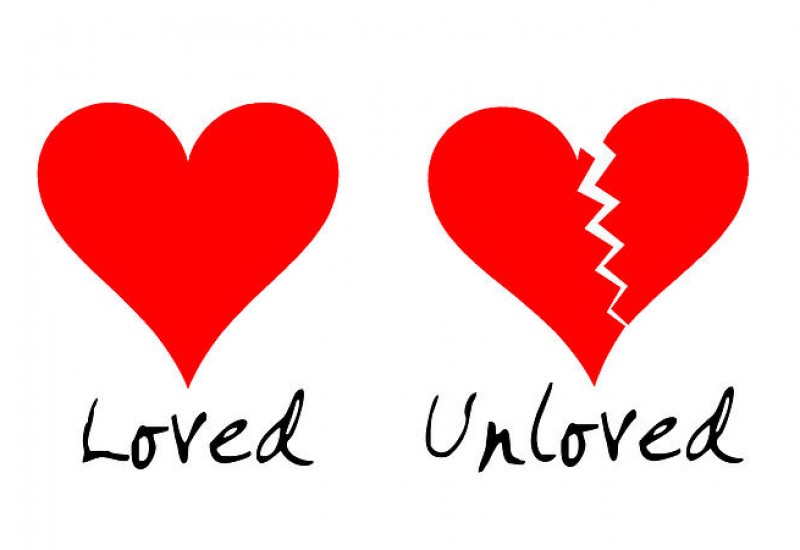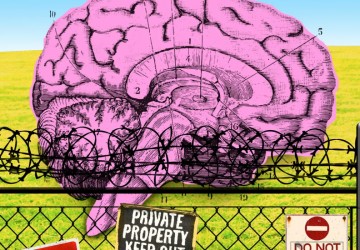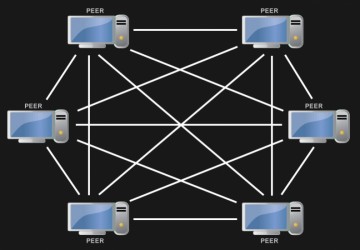
Love expecting nothing in return?
Loving people who need us but don't reciprocate our love deeply can be influenced by a variety of psychological and emotional factors:
-
Desire to Be Needed: For some, being needed provides a sense of purpose and self-worth. This feeling can be so fulfilling that it compensates for the lack of reciprocated love.
-
Low Self-Esteem: Individuals with low self-esteem may feel undeserving of reciprocal love. They might accept a one-sided relationship because they believe that's all they deserve.
-
Hope for Change: There can be an underlying hope that the person will eventually return the love if one continues to be caring and nurturing.
-
Fear of Loneliness or Rejection: Sometimes, the fear of being alone or rejected is so strong that it leads people to cling to relationships where they are needed, even if their love is not equally reciprocated.
-
Caregiver Personality: Some individuals have a natural caregiver personality, deriving satisfaction from helping others regardless of the level of affection returned.
-
Past Experiences and Attachment Styles: Past experiences, especially during childhood, can shape how individuals perceive love and relationships. For example, those with an anxious attachment style might be more likely to invest emotionally in relationships where their love is not fully reciprocated.
-
Romanticizing Unrequited Love: Cultural narratives and media often romanticize unrequited love, which can influence people to perceive one-sided love as something noble or deeply emotional.
-
Savior Complex: Some individuals may have a 'savior complex', where they feel compelled to 'save' or 'fix' others, often prioritizing the other person's needs over reciprocal love.
-
Familiar Patterns: If someone has experienced non-reciprocal love in the past, especially in childhood, they may unconsciously seek out similar dynamics in their adult relationships, as it feels familiar and comfortable.
-
Hope for Validation: There might be an underlying hope that by being indispensable to someone, they will eventually recognize and validate the giver's worth and love.
Understanding these dynamics is complex and varies greatly from person to person. It often requires introspection and, in some cases, professional guidance to navigate and understand such relationships healthily.
-
 03/30/2024 1234
03/30/2024 1234 -
 03/20/2024 411
03/20/2024 411 -
 02/17/2024 461
02/17/2024 461 -
 02/17/2024 447
02/17/2024 447 -
 02/17/2024 512
02/17/2024 512
-
 06/11/2017 5107
06/11/2017 5107 -
 06/20/2017 3867
06/20/2017 3867 -
 10/08/2017 3864
10/08/2017 3864 -
 06/11/2017 3745
06/11/2017 3745 -
 06/29/2017 3416
06/29/2017 3416
FEATURED NEWS

GENERAL

GENERAL

GENERAL

GENERAL





LEAVE A COMMENT